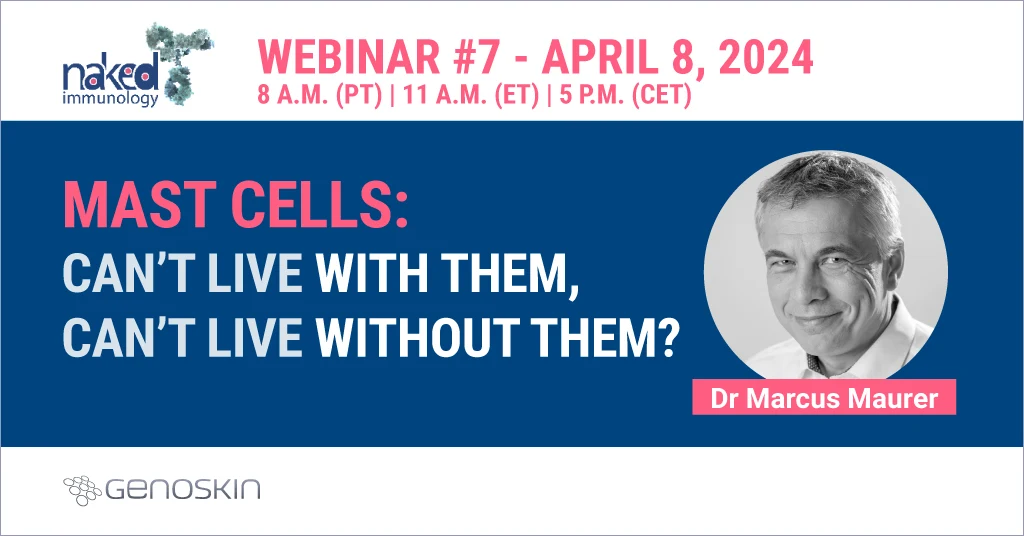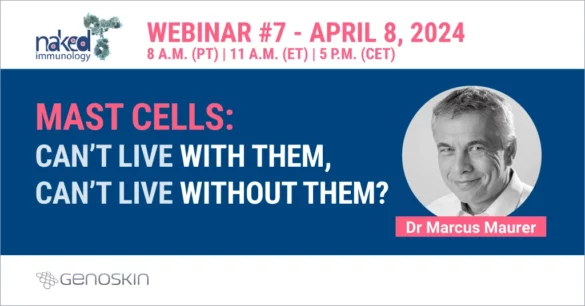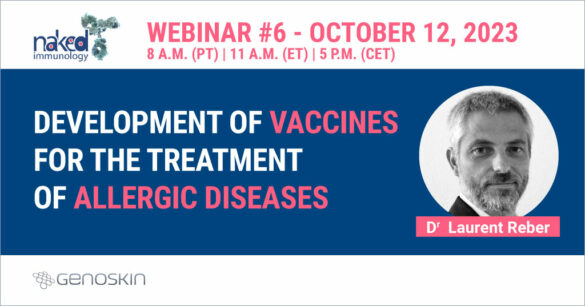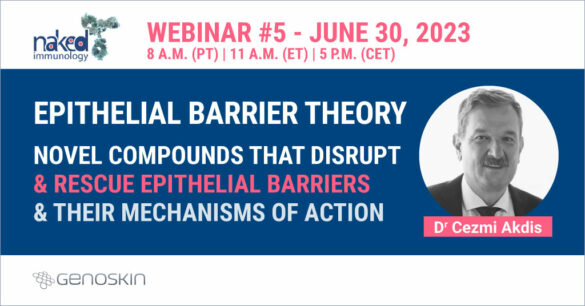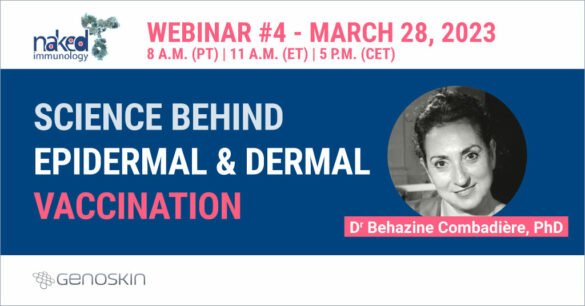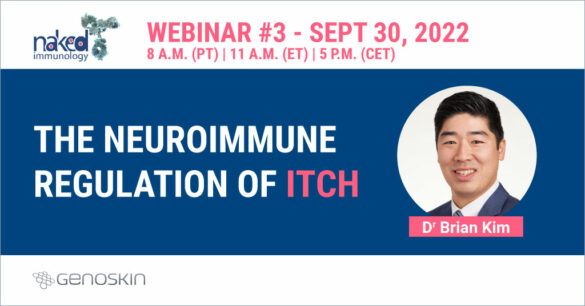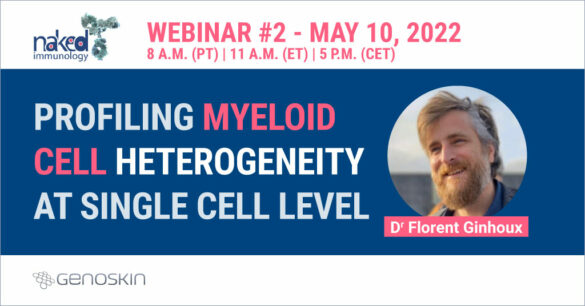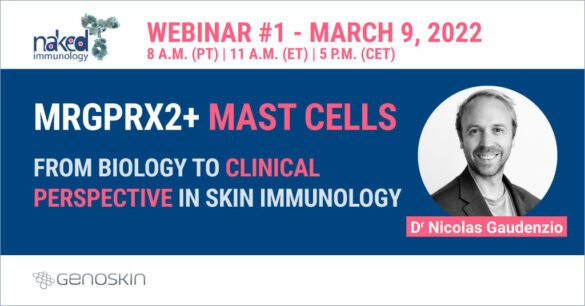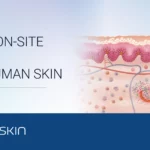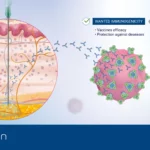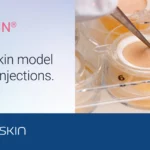Thank you for your interest in our webinar on the dual role of mast cells, titled “Mast Cells: Can’t live with them, can’t live without them?“.
Below, you will find the questions we did not have time to address during the live session with Dr. Marcus Maurer.
Q: In cold activated urticaria, is some of it caused by clonotypic IgE which has variable domains from gene families known to aggregate/agglutinate under cold challenge?
A: Great question. No, this does not appear to be a common mechanism of mast cell activation in cold urticaria.
Q: Do you think the long lasting reduction in MC numbers in response to CDX159 is due to killing of HSCs (that in turn produce mast cells)?
A: No, I do not think that mast cell precursors are affected by Kit-targeted treatment. The long time for mast cells to come back and repopulate the skin is most likely due to the time it takes for precursors to home to the skin and differentiate to fully mature mast cells.
Q: Is there a known reason why mast cell depletion therapy doesn’t interfere with the patient’s ability to react against toxins or surface bacteria?
A: Well, what we know is that there is no apparent increase in the rate or severity of bacterial infections. To answer this question comprehensively would require work that goes beyond clinical observation and monitoring real world responses in mast cell-depleted patients (although this is very important). The way to look at this is by provocation testing with toxins and bacteria. This is not trivial and has not been done yet.
Q: Do you think the safety of long term anti-c-Kit therapy depends on the environment of the patient?
A: This could be the case, but I do not think that this is likely. We will need to watch mast cell depleted people closely long term…
Q: Can mast cells be replenished by stem cells after one time antibody depletion?
A: Mast cells come back after depletion. This does not require treatment with SCF. There is enough endogenous SCF to facilitate this.
Q: Any concerns about the anti-c-Kit antibody itself, why is the rate of infusion reactions so high? Could this be receptor cross-linking? What about any anti-drug antibody response?
A: Rate of infusion reactions is similar to that with other iv antibody treatments. No, I don’t think this is due to cross-linking or ADAs.
Replay now available!
Enter your email address to access the replay.
Take a look at our previous Naked Immunology webinar sessions:
Comments are closed.

